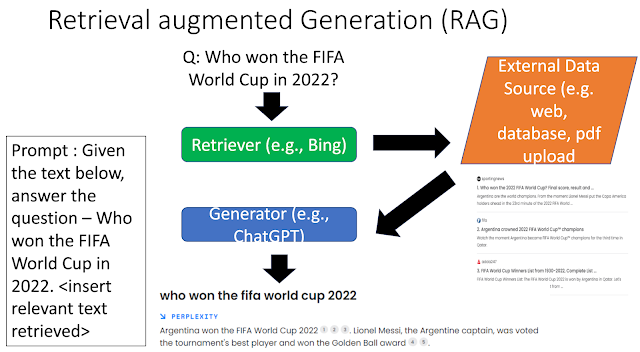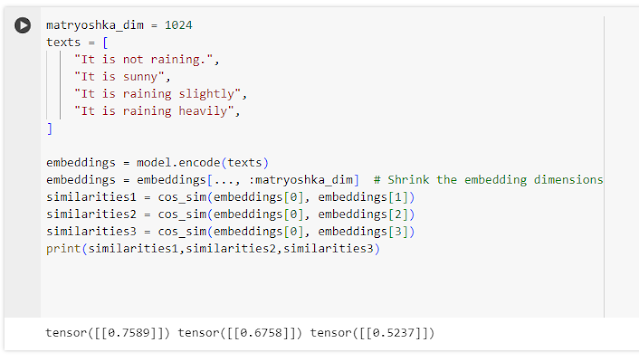
New! Listen to a 10min autogenerated podcast discussing this blogpost from Google LLM Notebook Update Primo Research Assistant is out - See my initial preliminary view IP and ethical issues surrounding the use of content in Large Language Models (LLMs) have sparked significant debate, but I’ve mostly stayed out of it as this isn’t my area of expertise, and while there’s much to discuss and many legal opinions to









